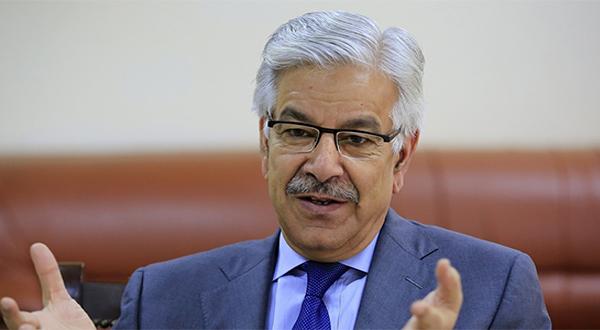- Home
- Technology
- News
Microsoft says to step up AI-powered European cybersecurity
Microsoft accused governments of Russia, China, Iran and North Korea of being behind infiltration of European computer networks for espionage and other purposes


PARIS (AFP): US tech giant Microsoft said Wednesday that it would step up its cooperation with European governments against cyber threats, including by deploying AI-powered intelligence gathering.
Its new European Security Program “puts AI at the center of our work as a tool to protect traditional cybersecurity needs,” Microsoft Vice Chairman Brad Smith wrote in a blog post.
Aiming to deliver real-time intelligence about cyber threats to governments, the scheme will extend to the “27 EU member states, as well as EU accession countries, members of the European Free Trade Association (EFTA), the UK, Monaco, and the Vatican,” he added.
Microsoft accused the governments of Russia, China, Iran and North Korea of being behind infiltration of European computer networks for espionage and other purposes.
Meanwhile cybercriminals are expanding attacks using tools such as ransomware, which encrypts data on victims’ computers and demands they fork over cash to unlock it again.
“We see 600 million attacks on our customers every single day,” Smith told reporters in a briefing ahead of the blog post’s release, calling cyberdefence a “multi-billion-dollar expense for customers across Europe”.
AI systems can help detect and identify new forms of attack, Smith wrote in his blog post.
But Microsoft has seen malicious actors using the technology for everything from researching targets to writing code and “social engineering” – or convincing human employees to facilitate access by hackers.
And “influence operations” by nation-states “are increasingly using AI to mislead and deceive” including with convincing “deepfake” images, audio and video, Smith added.
The company itself “tracks any malicious use of new AI models we release and proactively prevents known threat actors from using” them, he wrote.
Microsoft last month helped police across Europe take down large swathes of digital infrastructure supporting an “infostealing” network, Lumma, that had been gathering sensitive information like passwords and crypto wallets from victims’ devices.
In future, members of the company’s Digital Crimes Unit will be embedded with Europol’s cybercrime specialists in The Hague, Smith wrote, part of a broader increase in collaboration with European security forces.
Microsoft’s cybersecurity effort is part of a wider push to increase its operations in Europe.
The drive comes as trade tensions simmer between the EU and the Trump administration in the US, with many voices questioning European firms’ strategic dependence on American-made technology.
Blue Jays acquire right-hander Lee from Tigers
- 3 hours ago
Source: Gray, Nats reach deal to avoid arbitration
- 3 hours ago
Sources: Rangers address needs with 3 signings
- 3 hours ago

Anti-state elements to be held accountable: Kh Asif
- a day ago

Tremors felt in Balochistan's Barkhan, surroundings
- a day ago

ChatGPT’s ‘adult mode’ is expected to debut in Q1 2026
- 6 hours ago
NHL board of governors eager to see more 'color vs. color' jersey matchups
- 3 hours ago
Diaz picked Dodgers because 'I'm looking to win'
- 3 hours ago
Inclusion of Parekh, Misa is a step in right direction for Canada at World Juniors
- 14 hours ago

We’re running out of good ideas. AI might be how we find new ones.
- 13 hours ago
Jays president Shapiro given new 5-year deal
- 3 hours ago

No one knows what to call these things
- 6 hours ago












